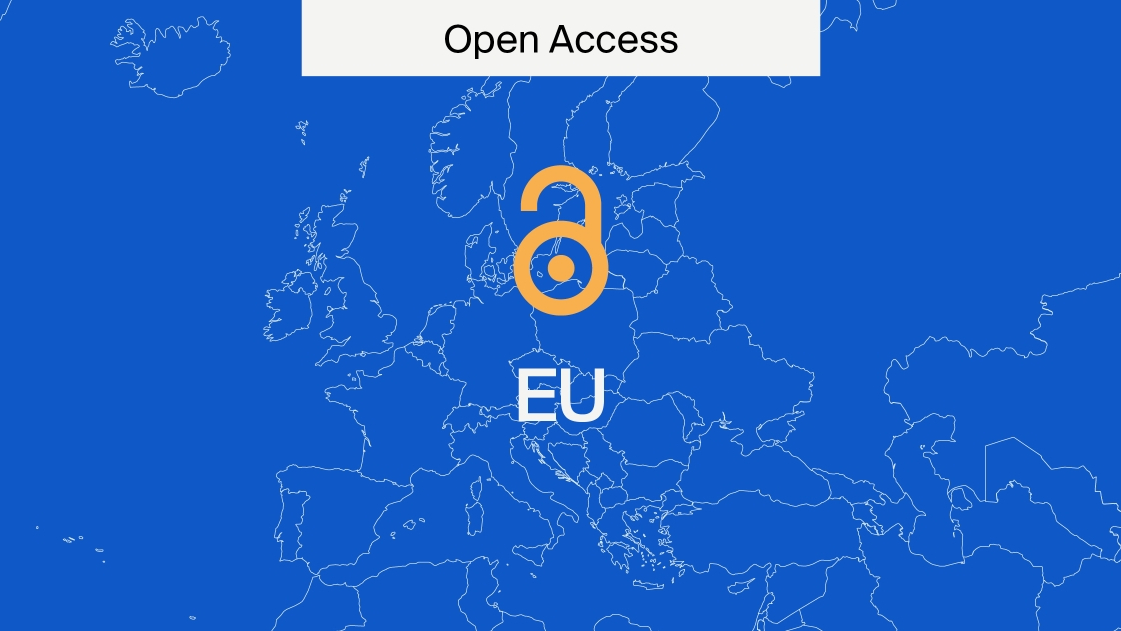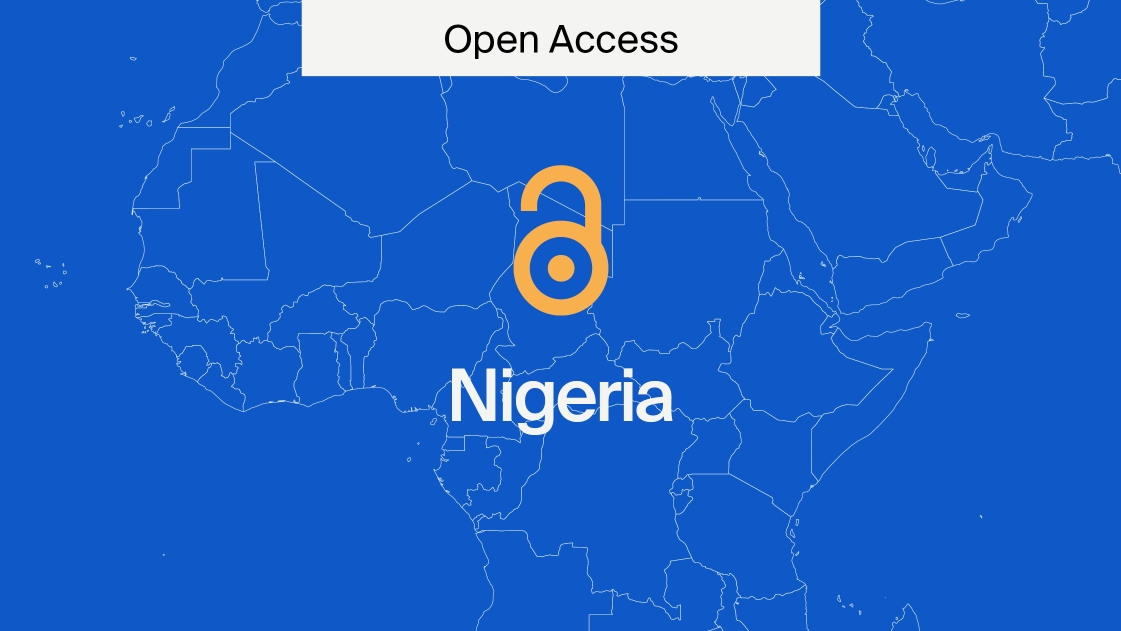
Crossref Schema Integrated for Preprints
Digital object identifiers (dois) have become the standard method for definitively recording scholarly scientific information. They are issued by Crossref at the request of publishers, and provide a link directly to any published paper regardless of whether the URL changes over time. They are a great way to make sure you can always find the paper you are looking for.
Crossref catering for preprints
We are delighted that Crossref have taken the step of recognizing preprints as a significant contributor to scientific knowledge, and hence allowed them to be issued with a doi. What is more, they have released a new schema that caters specifically to the needs of preprints. As reported by Rachael Lammey on the Crossref blog, they have enabled:
- Crossref membership for preprint repositories by updating our membership criteria and creating a policies for preprints
- The deposit of persistent identifiers for preprints to ensure successful links to the scholarly record over the course of time via the DOI resolver.
- Content registration for preprints with custom metadata that reflect researcher workflows from preprint to formal publication (this custom metadata will then be visible to anyone using the Crossref metadata).
- Notification of links between preprints and formal publications that may follow (journal articles, monographs, etc.).
- Auto-update of ORCID records to ensure that preprint contributors get credit for their work.
- Preprint and funder registration to automatically report research contributions based on funder and grant identification.
- It will also allow for the collection of “event data” that capture activities surrounding preprints (usage, social shares, mentions, discussions, recommendations, links to datasets and other research entities, etc.).
Cross and preprints
Preprints, a preprint service supported by MDPI, has helped to test this service and is the first preprint server to fully implement it. We found the process very painless, and expect other preprint servers will quickly follow suit.
Also, we will be scouring the literature to see when a preprint is published after peer review and updating the doi metadata when that happens. We will also make sure the citation and doi are available on the page at Preprints.org.
A big thanks to Crossref for supporting preprints, this is a big step forward for authors who want to make their work available and citable as quickly as possible.










